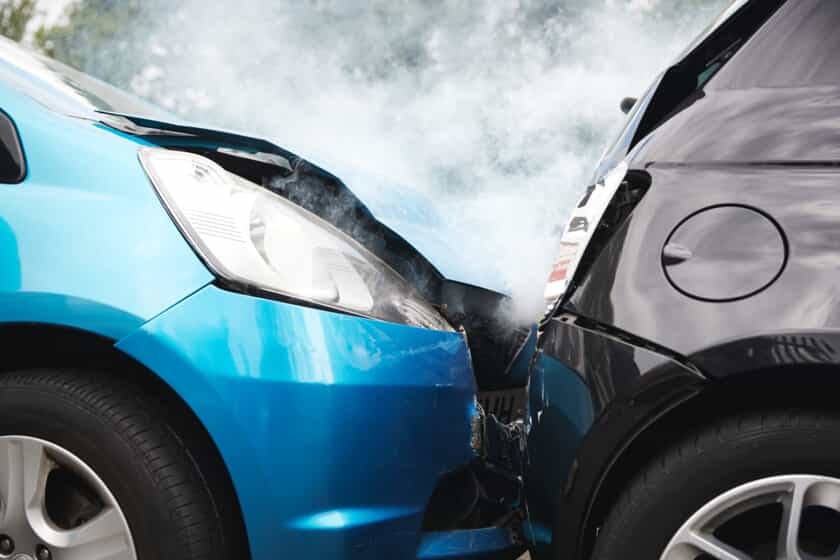
Many vehicle shoppers and owners have distinct preferences for car style—whether they would rather own a large truck or SUV or a minicar such as the Honda Fit or the Smart Fortwo. Most proponents of larger sedans and SUVs point to the fact that they “feel safer” in the large cars. But is a larger car really a safer car? The reviews and data are mixed, but for the most part, science seems to be tending towards yes.
The Insurance Institute for Highway Safety, also known as the IIHS, is a nonprofit group funded by insurance companies who are interested in improving car safety—thereby reducing claims. The Institute buys cars directly from dealers and replicates what would happen if two identical cars were to run into each other. While their results and methods are slightly controversial—some car company representatives have pointed out that they use much more dangerous crash conditions than those used by the National Highway Traffic Safety Administration—they have established themselves as an authority on car safety. Their annual list of “best picks” is considered required reading for family-oriented car purchasers.
The IIHS found that, for the most part larger cars are safer; David Zuby, senior vice president of vehicle research for the Institute, commented, “All things being equal, if you’re concerned about safety, you want a bigger, heavier car.” Death rates associated with minicars involved in multi-car crashes are nearly twice as high as those for large sedans; and in single-car crashes, 11 people per million were killed in large sedans in 2007, while 35 per million were killed in smaller-model cars. Size is important ultimately because of the physics of a car accident. The force of any given crash depends on two specific attributes: the weight of the crashing vehicle and the size of the vehicle, which can determine how close the front of the car is to the driver.
The IIHS is also quick to point out however, that advanced crash-avoidance systems in smaller cars, such as electronic stability programs, do mitigate the fact that the cars themselves, when they crash, are often more dangerous. There is also the factor that larger cars can present their own dangers—particularly SUVs. The larger models of cars typically have a much higher center of mass, which makes them more prone to rollover accidents than their smaller counterparts. It’s also important to note that just because a vehicle is larger does not necessarily mean that it masses considerably more than a sedan; many environmental lobbies have gone to work advocating for lighter-weight materials to be used in larger cars to decrease their fuel consumption.
The safest cars that the IIHS consistently finds are larger sedans with heavier frames—for example, the Ford 500, the 2005 Buick Lacrosse, and the Lexus GS 300.
Ultimately, no matter what car you own, the experience of a car accident is extremely stressful and can lead to long-term injuries. If you have been involved in a car accident, it is a prudent precaution to contact a personal injury attorney to assist you in the process of pursuing your claim. These professionals have extensive experience and knowledge of how to deal with insurance companies, as well as the ability to help you get the data you need to prove your case.

